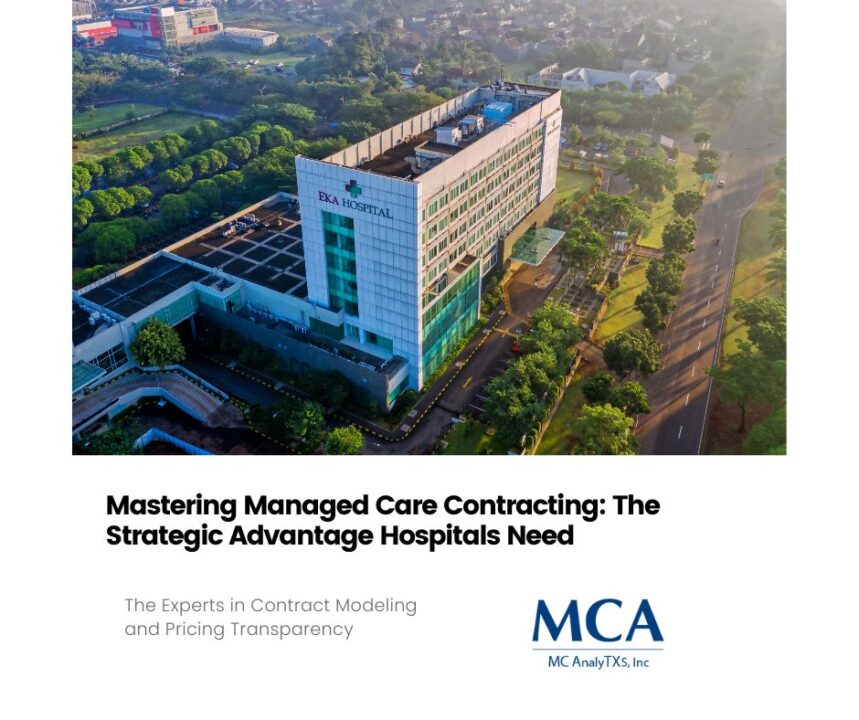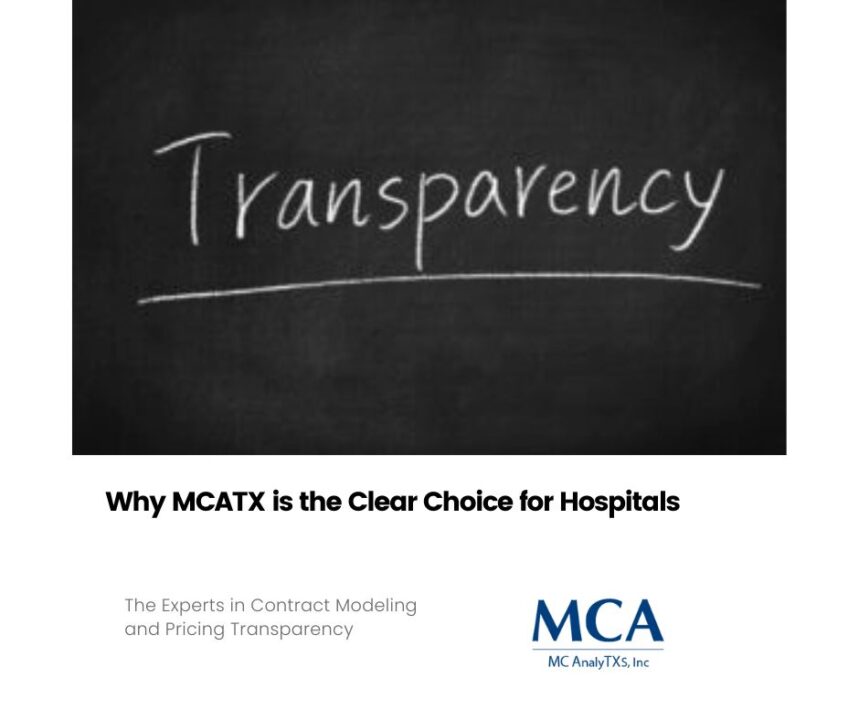
The Value of Revenue Cycle Partnerships
August 8, 2022
A Sustainable RCM Partner
September 20, 2022Revenue cycle management (RCM) is the process that healthcare organizations use to track patient care episodes from start to finish and ensure that they are correctly reimbursed.
In recent years, the revenue cycle management process has become increasingly complex as the healthcare system has shifted from a fee-for-service model to a value-based care model. This shift has put pressure on hospitals to improve their RCM processes in order to improve patient outcomes and control costs.
As we move into the future, it is likely that the revenue cycle management process will become even more complex as the healthcare system continues to evolve. Hospitals that are able to effectively manage their revenue cycles will be well-positioned to succeed in the ever-changing healthcare landscape.
The following are three reasons why revenue cycle management is important for hospitals in 2022:
1. The revenue cycle management process will become more complex as the healthcare system evolves.
2. Hospitals that effectively manage their revenue cycles will be better positioned to succeed.
3. Revenue cycle management is critical for ensuring that hospitals are reimbursed for the care they provide.
As the healthcare system continues to evolve, it is important for hospitals to have a strong revenue cycle management process in place. Hospitals that are able to effectively manage their revenue cycles will be best positioned to succeed in the ever-changing healthcare landscape.
If you judge the importance of revenue cycle management solely by the amount of money that a hospital could potentially lose without it, the case is clear. A 2014 study by the Advisory Board Company found that the average hospital loses 3.7% of its net patient revenue each year to billing and coding errors. That’s more than $5 million for the average hospital!
But the importance of revenue cycle management goes beyond the bottom line. A well-run revenue cycle management process can have a positive impact on a hospital’s reputation, patient satisfaction scores, and more.
A study by the American Hospital Association found that patients who have a positive experience with their hospital are more likely to recommend that hospital to others. Hospital reputation is important not only for attracting new patients but also for attracting the best employees.
In addition, studies have shown that there is a direct correlation between a hospital’s patient satisfaction scores and its revenue. In other words, the happier patients are with their hospital experience, the more likely they are to pay their bill and not dispute it.
Finally, effective revenue cycle management can help hospitals avoid penalties from CMS and other payers. For example, CMS has begun issuing financial penalties to hospitals with high rates of readmissions. By reducing readmissions, hospitals can avoid these penalties and free up resources that can be used to improve patient care.
Revenue cycle management is a critical process for hospitals, and its importance will only continue to grow in the years to come. Hospitals that are able to effectively manage their revenue cycles will be well-positioned to succeed in the ever-changing healthcare landscape.
However, here are some potential challenges that hospitals might face with revenue cycle management:
1. Increasing complexity of the healthcare system
2. Declining reimbursement rates
3. New government regulations
4. Increasing costs of healthcare
5. The need for improved patient outcomes
Let’s examine these ones by one:
1. The healthcare system is becoming increasingly complex
The revenue cycle management process has become increasingly complex in recent years as the healthcare system has shifted from a fee-for-service model to a value-based care model. This shift has put pressure on hospitals to improve their RCM processes in order to improve patient outcomes and control costs.
As we move into the future, it is likely that the revenue cycle management process will become even more complex as the healthcare system continues to evolve. Hospitals that are able to effectively manage their revenue cycles will be well-positioned to succeed in the ever-changing healthcare landscape.
2. Reimbursement rates are declining
One of the challenges that hospitals face with revenue cycle management is declining reimbursement rates. In the fee-for-service model, hospitals are paid for the number of services they provide. However, in the value-based care model, hospitals are paid based on the quality of care they provide.
As a result, reimbursement rates have been declining in recent years, and this trend is expected to continue. Hospitals must find ways to improve their RCM processes in order to offset the impact of declining reimbursement rates.
3. New government regulations
Another challenge that hospitals face is new government regulations. The Affordable Care Act (ACA) introduced a number of changes to the healthcare system, and there are sure to be more changes in the years to come. Hospitals must be prepared to adapt their RCM processes to comply with new regulations.
4. Increasing costs of healthcare
One of the challenges that hospitals face is the increasing cost of healthcare. The cost of providing care is rising, and hospitals must find ways to improve their RCM processes in order to control costs.
5. The need for improved patient outcomes
Finally, another challenge that hospitals face is the need for improved patient outcomes. In the value-based care model, hospitals are paid based on the quality of care they provide. As a result, hospitals must find ways to improve their RCM processes in order to improve patient outcomes.
To sum up, revenue cycle management is going to become more important for hospitals in the coming years as the healthcare system becomes more complex. Hospitals that are able to effectively manage their revenue cycles will be best positioned to succeed.
One thing to remember is that as the revenue cycle management process becomes more complex, there is an increased need for hospitals to invest in quality RCM software. This software can help hospitals automate and streamline their RCM processes, making it easier to manage the complexities of the healthcare system. The importance of revenue cycle management software will only continue to grow in the years to come.
If you own a hospital, we recommend trying our AllPayor software or attending our next webinar to learn more.
You can register here: https://attendee.gotowebinar.com/register/6406565508822206992





